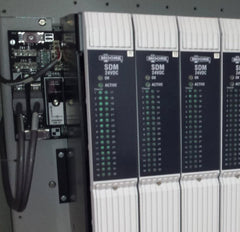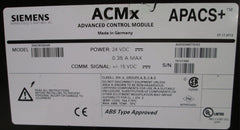Legacy

Legacy industrial parts refer to components, equipment, or systems that are no longer in production or have become outdated due to technological advancements. These parts may still be in use within older industrial machinery, processes, or systems. They can be challenging to replace or repair due to the unavailability of new, compatible replacements, potentially leading to operational inefficiencies, downtime, or a need for specialized maintenance.
Key characteristics of legacy industrial parts include:
Obsolete Technology: The parts are based on outdated technology that may no longer meet current industry standards or requirements.
Discontinued Production: Manufacturers have stopped producing or supporting these parts due to advancements or changes in product lines.
Limited Availability: Finding replacements or spare parts becomes difficult as they are no longer in production, potentially causing delays in maintenance or repair.
Compatibility Challenges: Integrating newer technology with legacy parts can be complex and may require additional modifications or adaptations.
Cost Considerations: Due to their scarcity, legacy parts may become more expensive over time, impacting maintenance or upgrade budgets.
Addressing the challenges posed by legacy industrial parts often involves careful planning, retrofitting, or modernization strategies to ensure continued operational efficiency and effectiveness within industrial settings.

